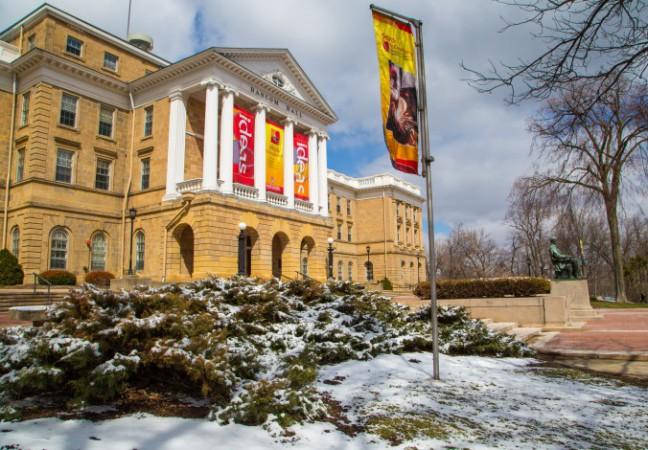As students near graduation, the pile of debt they’re raking up only grows. While it may seem like we students will never get to the bottom of it, even years out of college, there are some things we can implement now to lessen our debt and loan interest and create for ourselves a more opportune starting point in the Real Word.
Advice on this topic was give on the Joy Cardin Show on WPR, which did a segment Nov. 30 concerning financial troubles for millennials. Cardin spoke with Sophia Bera, a certified financial planner, who focuses on what young professionals should do to prepare for their financial future.
Her biggest tip for millenials is to put money away each month. Yes, that’s the same advice that your parents tell you every time you pick up the phone. The key is putting money away each month for emergencies or long-term savings. According to her article, “Should I Build Up Savings or Pay Down Debt?” having money in the bank can be more important than paying debt. If your interest rates are lower than 5 percent, “it is extremely important to be able to have at least one month of your income in savings.” For instance if you make $2,000 a month, you should have at least that in the bank.
On that note, if you can save, start a Roth Individual Retirement Account (IRA) or a Certificate of Deposit (CD). A Roth IRA is a retirement account where you pay taxes upfront on the money you contribute. Therefore, when you retire and take the money out, it will be tax-free. A CD is a savings account where money cannot be withdrawn, without penalty, for a predetermined amount of time. In exchange for keeping your money in the CD the bank will often give you a higher interest rate.
Another piece of advice combats the common idea that paying rent is a waste when you could be paying a mortgage. This is a dangerous assumption. There are many costs that come with owning a home such as property taxes or renovations. There is possibility of water damage from a leaky roof. At this point in our college life, if the fridge breaks or the water heater stops working we simply call our landlord and they pay for it. However, if you own a home, all of these costs fall on the owner.
Unfortunately, the segment did not include the ultimate question for recent graduates of University of Wisconsin. How the hell do we pay off our college debt? The average amount of student loan debt for a bachelor’s degree is $29,000.
A recent study done by Wells Fargo indicates that 56 percent of millennials say they are living paycheck to paycheck. Forty-two percent of millennials say that debt is their biggest concern. However, before you decide to run away from Bucky after 118 credits and never actually graduate, keep this in mind. Unemployment among college graduates as of October 2014 is 3.1 percent while the unemployment of those with no college education is at 5.7 percent.
Although we may be burying ourselves in debt from books, tuition and rent, we will be able to be pay it off. In addition, saving now and preparing for the future, foreign or unappealing as it may be, will help us in the long run.
Mackenzie Krumme ([email protected]) is a junior majoring in international studies and intending to major in journalism.














